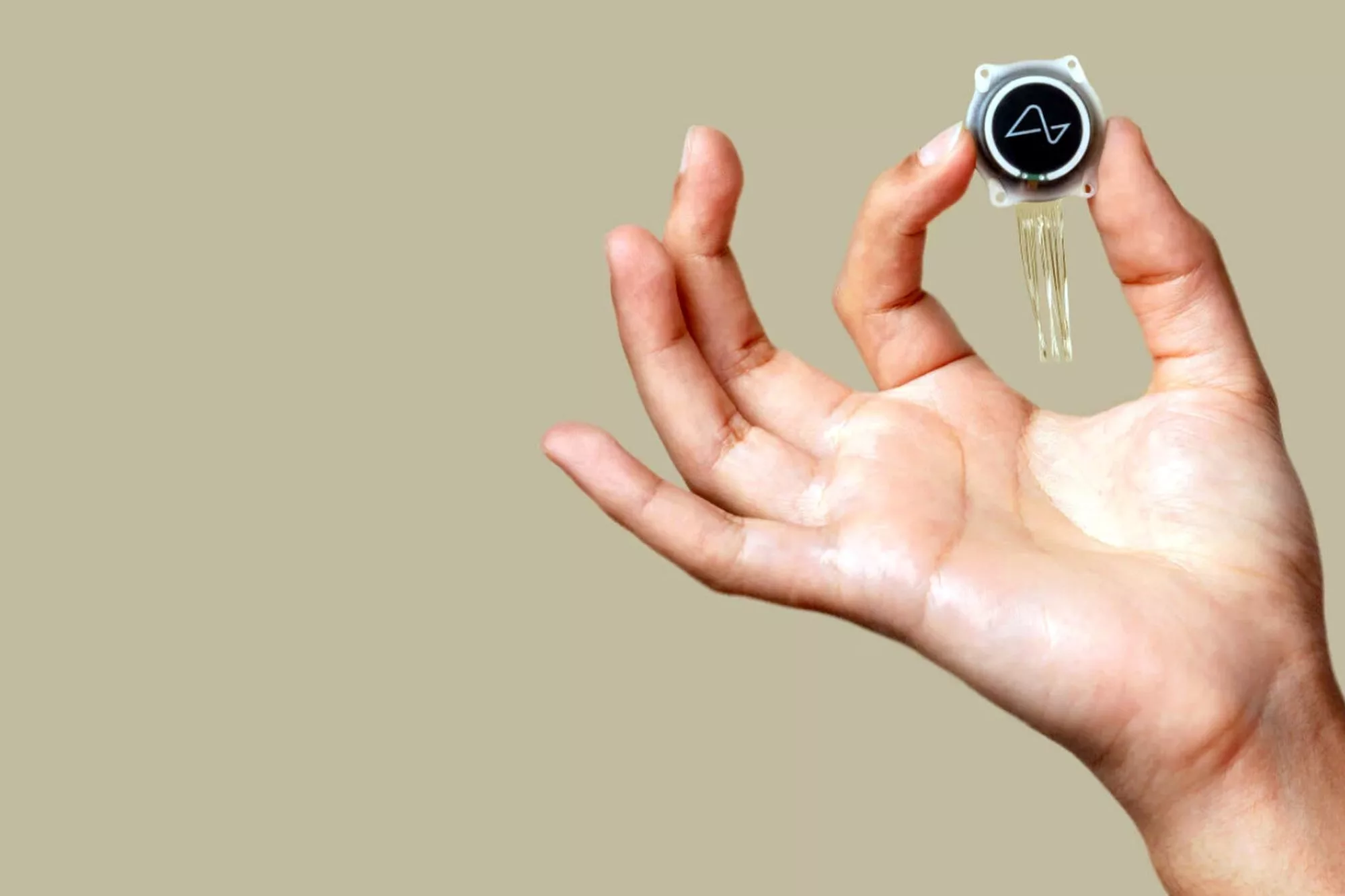Elon Musk’s Neuralink has successfully implanted its brain-computer interface device in a second patient, aimed at helping individuals with spinal cord injuries control digital devices through thought alone. The announcement came during an extensive podcast featuring Musk and the first patient, Noland Arbaugh, who detailed his experience with the implant.
The second patient, whose identity remains undisclosed, shares a similar spinal cord injury to Arbaugh. Neuralink’s device, equipped with 1,024 electrodes, has enabled Arbaugh to perform tasks such as browsing the internet and controlling a cursor by thought, significantly enhancing his independence.
Despite initial post-surgery challenges with the implant’s wires, Neuralink made adjustments to restore functionality. The company plans to expand the trial to eight more patients this year. Musk also discussed potential collaborations with political figures to improve government efficiency, reflecting his broader vision for technological innovation.
Neuralink’s advancements underscore the potential of brain-computer interfaces in transforming the lives of individuals with paralysis, as the company continues to refine its technology and expand its clinical trials.

